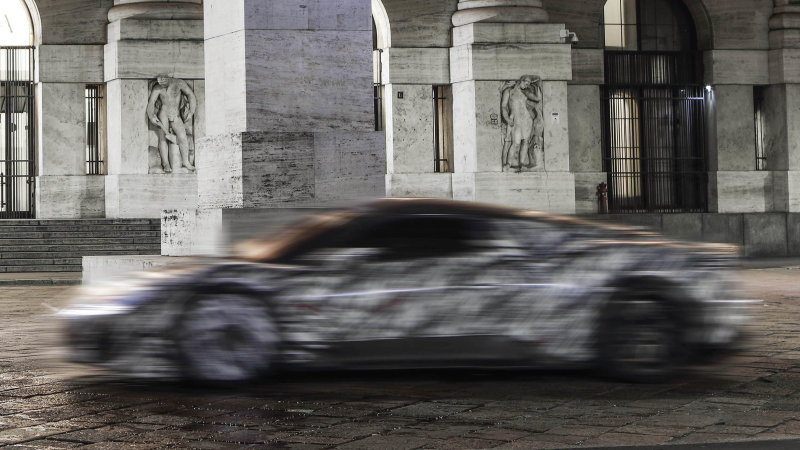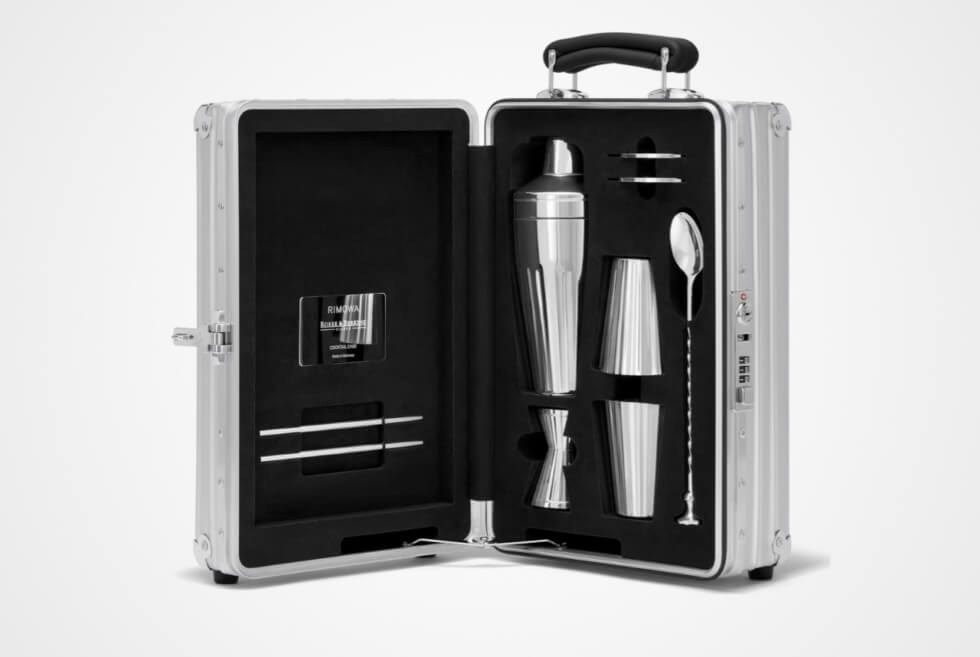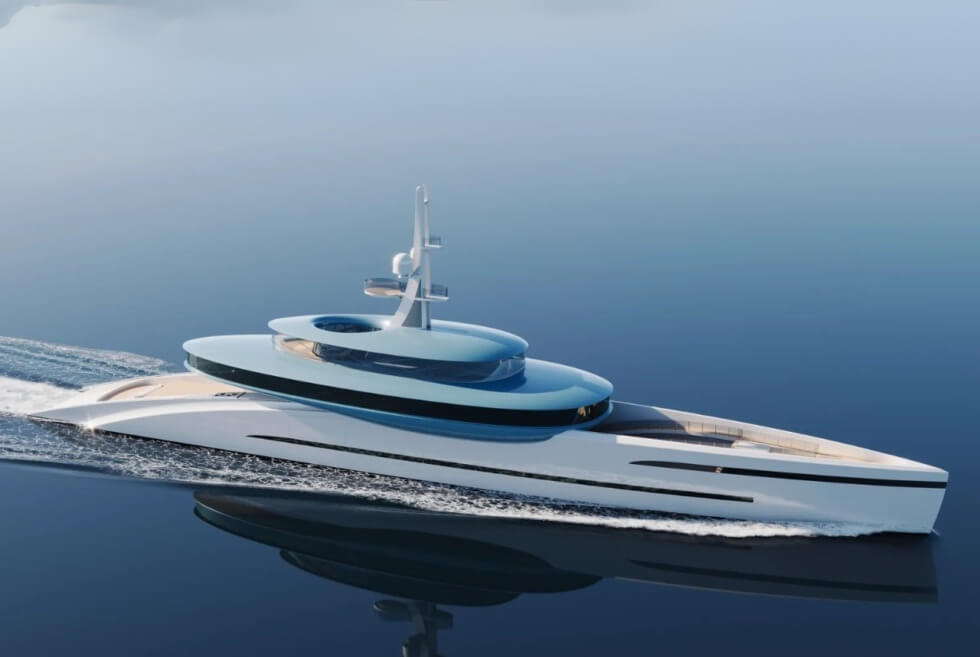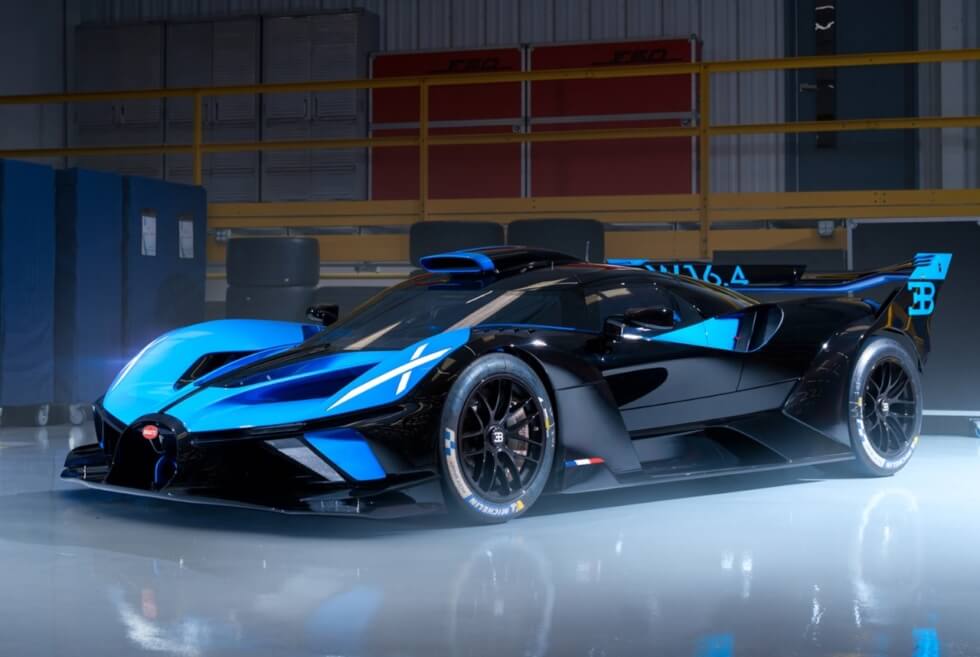Automotive News has been able to put some output figures to the two primary engines that will power Maserati’s renaissance. Last year the Italian luxury brand sent notice that it would terminate its deal to with Ferrari to use the Maranello-sourced F160 3.0-liter twin-turbo V6 and F154 3.8-liter twin-turbo V8. As new Maserati models appear and current models are overhauled, the brand will begin installing either Maserati’s own 3.0-liter twin-turbo V6, or an FCA-sourced 2.0-liter turbocharged four-cylinder. The V6 will greet the world from the middle of the MC20 supercar poised for debut in September, assuming nothing goes worse with the world than it already has.
Rumor from Mopar Insiders and Allpar forums is that Maserati began building its V6 based on Alfa Romeo’s 690T V6. Alfa Romeo puts the 690T in the Stelvio and Giulia Quadrifoglio, the engine’s development having started seven years ago with Ferrari’s F154 V8 as its heart. Tuned for speed, peak output could reach 542 horsepower. After making its home in the racy coupe, the V6 will also serve a new midsize Maserati crossover coming next year, as well as the next GranTurismo coupe and GranCabrio convertible. In the crossover, power is apparently limited to no more than 523 horses.
In Maserati’s new V6, one piece of technology that permits such high output and emissions friendliness is turbulent jet ignition (TJI). German supplier Mahle has been developing the technology for at least 10 years, and put it to use in Ferrari’s Formula 1 engine about five years ago, after which Japan’s Super GT manufacturers picked it up. Instead of a spark plug igniting fuel directly in the combustion chamber, TJI places the spark plug and an injector nozzle at the top of a “jet ignition pre-chamber assembly.” The injector shoots a mist of gasoline into the pre-chamber, the spark plug fires, and the force of ignition in the pre-chamber sprays the combustion through tiny holes at the bottom of the pre-chamber into the cylinder as the piston rises. Mahle says the shorter burn and improved combustion spread means cleaner-burning gas engines that emit fewer emissions.
AN says that the “new V-6 engine will be ‘electrified’ in some form.” It’s not clear if that means all versions of the V6 will get some sort of hybrid assistance, or if — as had been thought — there will be a non-hybrid unit. The last report we got on motivation for the MC20 strongly suggested a non-hybrid V6 at launch making around 600 hp, followed by a hybridized V6 with all-wheel drive good for 700 horsepower. The hybrid form is said to eventually replace the TT V8 in the upper-tier Ghibli and Quattroporte, but not before the Ferrari-sourced engine steps up to 582 hp later this year.
When AN writes that “Electrified versions of new V-6 eventually will replace 3.8-liter Ferrari-built turbocharged V8 in Maserati Levante, in two versions with 523 hp and 572 hp,” the opening adjective and the higher output lead us to believe in the chances of a non-electrified V6.
The second engine will be the Global Medium Engine (GME) 2.0-liter turbo four-cylinder with a 48-volt mild-hybrid system. That engine does duty right now in other group products such as the Jeep Wrangler and Cherokee, and Alfa Romeo Giulia and Stelvio, topping out at 270 hp and 295 lb-ft of torque. The mill makes its Maserati debut in the Ghibli hybrid that launches online on July 15.




